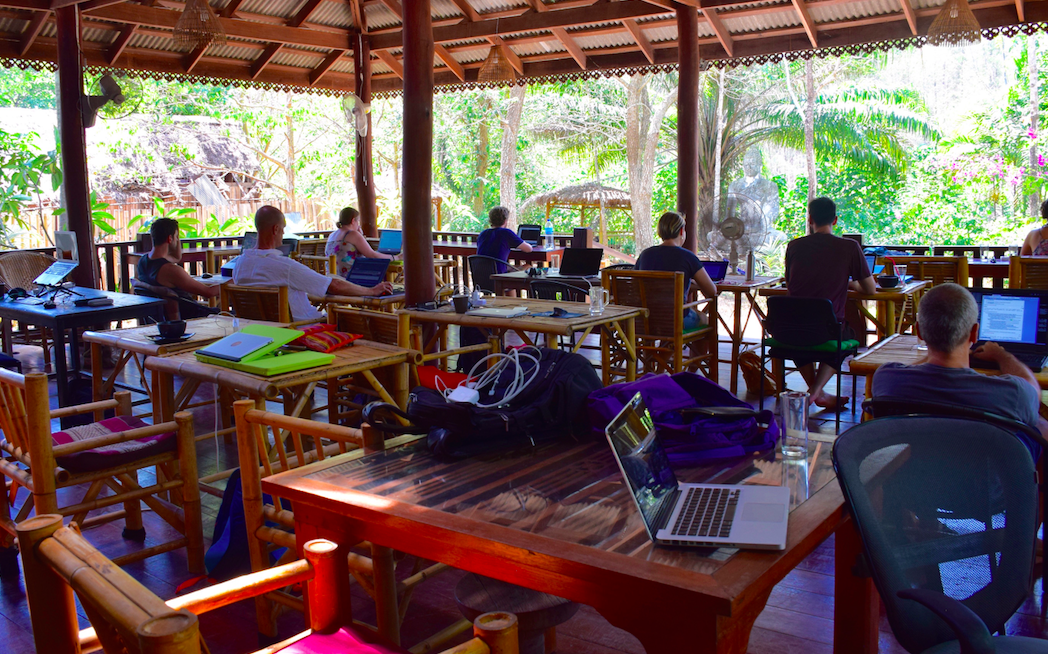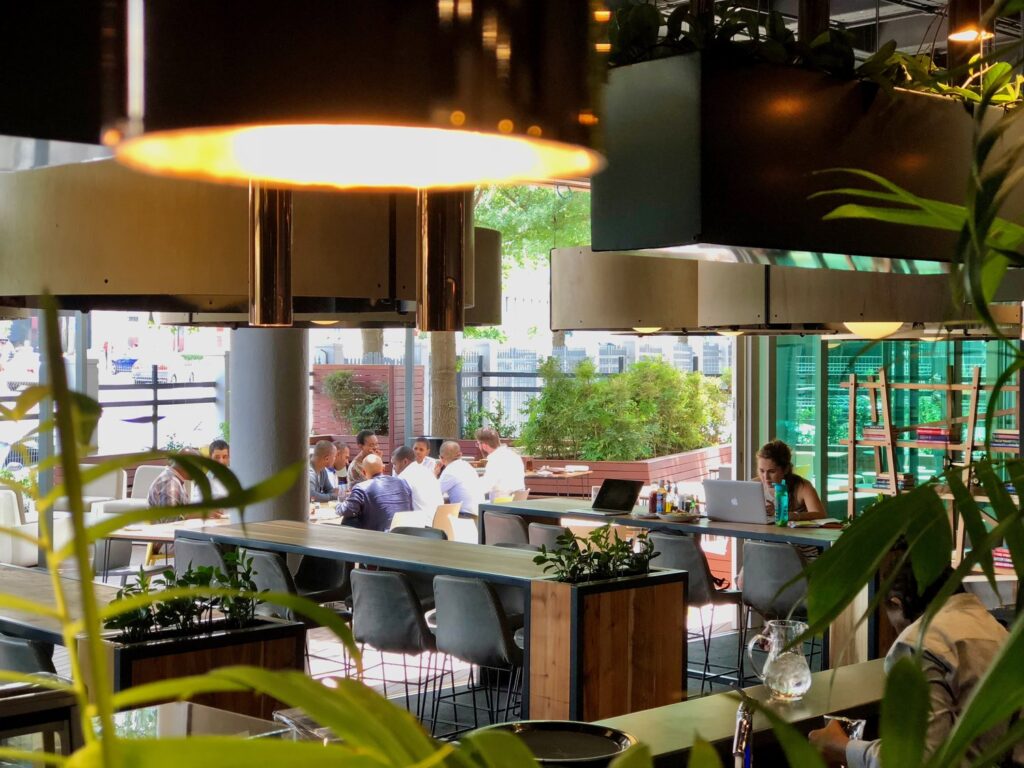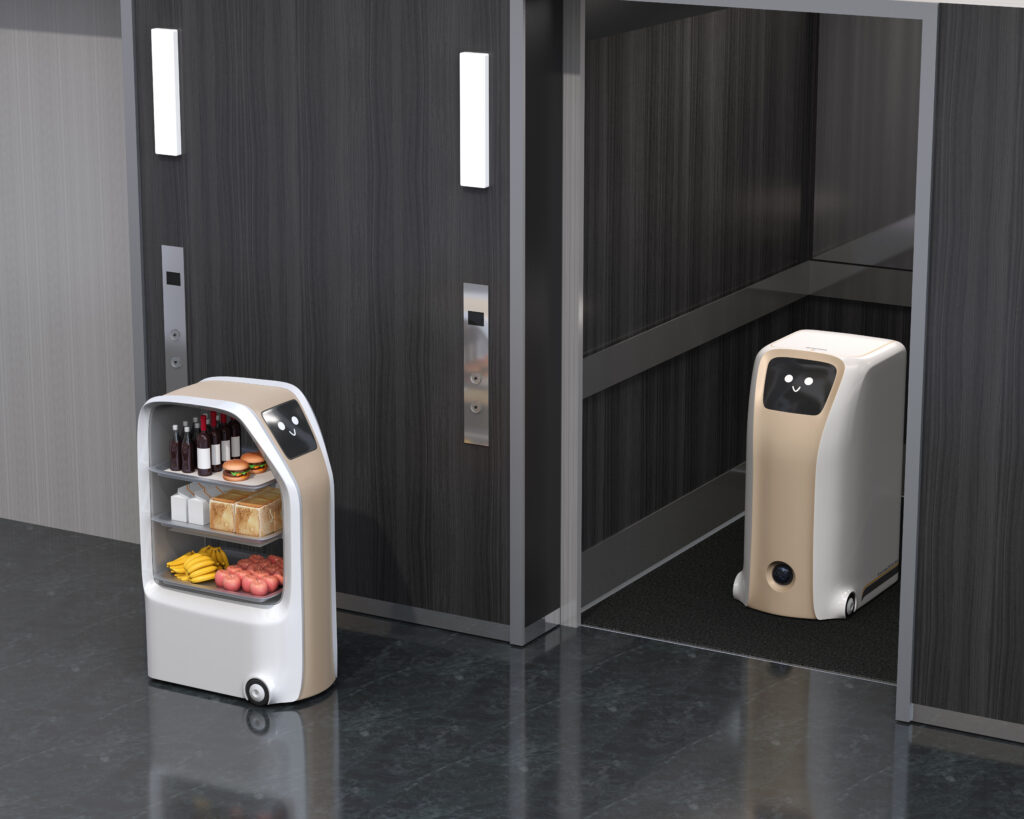Coworking: Unlocking The Potential of the Millennial Employee

In our research into coworking industry data, we found that millennials are a main driver of the industry’s rapid growth. As a coworking space owner or community manager, how can you understand this group and entice them to select your workplace?
Who Are Millennials?
Before we delve into the intricacies of millennials and their professional preferences, we must get to understand the people of this generation. It is important to note that this group of individuals is the largest and most diverse generation alive. Your experiences will vary.
There are a variety of different boundaries that define the millennial generation years. For this article we will stick to the definition of authors Neil Howe and William Strauss, who coined the term millennials to mean those born between 1982 and 2004. This group, also commonly referred to as Generation Y, or Gen Y, grew up leading into the new millennium.
Millennials were born with technology and the Internet at their fingertips. This made them not only tech-savvy, but also able to adapt to changing circumstances. Millennials tend to be confident. They desire feedback, open mindedness and independence. Lucy Wu, a program manager of Austern International, an organization that focuses on upskilling millennial talent, aligns with these sentiments as she reflects upon her experiences working with millennials. Wu states that the best trait within millennials is the “drive and passion to do more,” as they are “open to exploring new opportunities and unafraid to take risks.”
A common misconception is that millennial employees are easily distracted, and have difficulty finding motivation in the traditional management structures set by previous generations. Millennials favor working remotely, and value a balance in their work commitments and their recreational activities, a concept that previous generation workers find alien and uncomfortable.
The Impact of Millennials on Employers
 Thus, a challenge some businesses face is unlocking the potential of millennials who are disinterested in the rigidity of a workplace hierarchy, refusing to start from the bottom. Millennials seek purpose, they desire feedback. Gen Yers yearn for autonomy in their jobs – it is in their tech-savvy nature.
Thus, a challenge some businesses face is unlocking the potential of millennials who are disinterested in the rigidity of a workplace hierarchy, refusing to start from the bottom. Millennials seek purpose, they desire feedback. Gen Yers yearn for autonomy in their jobs – it is in their tech-savvy nature.
All of this leads millennials towards the culture of startups. In this environment they perceive they are able to make a difference right away, corporate hierarchy is flat and communication is more abundant.
Coworking And Millennials
Coworking industry trends show startups being major tenants of shared workspaces. As millennial work preferences lean towards startups, freelancing and working remotely, the demand for coworking spaces will grow. For operators, we suggest understanding the millennial generation. This will be valuable in building an offering that is attractive to this audience and their employers.
Forging an Identity for Your Coworking Space
 Smart coworking spaces are curating their unique community to differentiate themselves from the pack. This is the right approach according to Sancar Ayalp of The Farm SoHo in New York City. Ayalp states that, “millennials benefit most from the ‘tribal’ aspect of our community.” Adding that it is important for millennials to be, “working side by side with their fellow freelancers and share space and the occasional conversation,” which leads to the “job and collaboration opportunities that are vital to their financial goals.” This sentiments are reflected by Lucy Wu of Austern International. In her personal experience as a millennial working within a shared office space, “the best part about working in a coworking space is the positive community. Everyone is working so hard to achieve their goals, and everyone is willing to help each other out.”
Smart coworking spaces are curating their unique community to differentiate themselves from the pack. This is the right approach according to Sancar Ayalp of The Farm SoHo in New York City. Ayalp states that, “millennials benefit most from the ‘tribal’ aspect of our community.” Adding that it is important for millennials to be, “working side by side with their fellow freelancers and share space and the occasional conversation,” which leads to the “job and collaboration opportunities that are vital to their financial goals.” This sentiments are reflected by Lucy Wu of Austern International. In her personal experience as a millennial working within a shared office space, “the best part about working in a coworking space is the positive community. Everyone is working so hard to achieve their goals, and everyone is willing to help each other out.”
Thus, we recommend shared workplace landlords define their identity early in the development process. And to do consumer research to ensure your plans are attractive to coworking millennials and their work habits.
Monetizing Value-Add Services
Having an identity is just the first step. Owners and community managers must convey that identity consistently for it to be meaningful for prospective tenants. There are also some basic office perks that attract millennial workers: free coffee (and beer), fast Wifi, efficient coworking space software, high end furniture, games and workshops.
Beyond that, coworking spaces should consider a mentor program. Connecting younger employees and first time startup founders to industry mentors, either within or outside the coworking space, enhances their professional growth.
This concept coincides with the common dissatisfaction of millennials with their leadership skills. According to the 2016 Deloitte Millennial Survey, about 63% of millennials feel they have not reached their potential in regards to that. It is also further implied that 81% of millennials are satisfied with mentoring, and is twice as likely to stay within a company for more than 5 years, compared to millennials who don’t have mentors.
Millennials were generally exposed to measured growth and structure through the years of growing up. As such, they are used to regular feedback to reassure they are on the right path, or ways they could improve upon their actions or tendencies.
There are side benefits too. Mentors help build entrepreneurs’ networks. It gives founders new contact for fundraising, partnerships or customers. There can also be more direct benefits to your workspace as you reach out to local business leaders.
Summary: The Millennial Employee, a Welcome Trend
As more and more millennials enter the workforce, coworking owners can expect the demand for their spaces to increase. Therefore it is important for owners to understand the diverse characteristics of this large population.
By understanding and building a workplace product designed specifically for the needs and ideals of millennials, coworking space owners can attract, satisfy and retain millennial talent at their shared workspace. Which can have beneficial network effects. You can attract more like minded millennial individual and startups workers. Thus a long-term growth cycle begins.
— Written by David Lui





